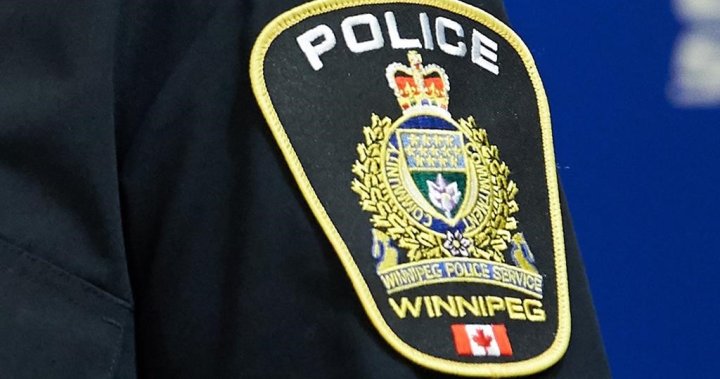Paragraph 1: The Selection of Gene Bowers
The Winnipeg Police Board has nominated Deputy Chief Gene Bowers as the city’s next chief of police, marking a significant step in the search for a new leader following the retirement of Danny Smyth in September 2024. Bowers, a seasoned veteran of the Winnipeg Police Service (WPS), boasts a career spanning over three decades, commencing in 1989. His extensive experience within the force, coupled with his established connections within the Indigenous community, positions him as a potential successor entrusted with navigating the complex challenges facing modern policing.
Paragraph 2: Bowers’ Background and Community Engagement
Bowers’ nomination is noteworthy not only for his lengthy tenure within the WPS, but also for his demonstrated commitment to community engagement, particularly with Indigenous populations. His involvement as a founding member of the Manitoba Human Trafficking Team Committee underscores his dedication to addressing critical social issues and collaborating with diverse community stakeholders. This experience will be invaluable in fostering trust and building bridges between the police force and the communities it serves, a crucial element in effective law enforcement.
Paragraph 3: The Confirmation Process
While the Winnipeg Police Board’s recommendation signifies a strong endorsement of Bowers’ capabilities, the appointment is not yet finalized. Marcus Chambers, chair of the Police Board, emphasized the need for further vetting and ultimate approval by the city council. This rigorous process is designed to ensure the selected candidate meets the highest standards of integrity, leadership, and suitability for the demanding role of chief of police. The council’s deliberation will likely involve a thorough review of Bowers’ qualifications, experience, and vision for the future of the WPS.
Paragraph 4: Challenges and Opportunities for the New Chief
The incoming chief of police will inherit a multifaceted landscape of challenges and opportunities. Building and maintaining public trust, addressing issues of systemic racism and bias within the force, and tackling rising crime rates are just a few of the pressing concerns. Furthermore, the need to effectively manage resources, implement innovative crime prevention strategies, and foster positive relationships with diverse communities will be paramount. The new chief will also have the opportunity to shape the future direction of the WPS and implement policies that promote transparency, accountability, and community-focused policing.
Paragraph 5: The Importance of Community Policing
In today’s complex policing environment, community engagement and collaboration are more critical than ever. The new chief will need to prioritize building strong relationships with community leaders, organizations, and residents to address concerns, foster understanding, and work collaboratively to improve public safety. This includes engaging with marginalized and vulnerable populations, ensuring their voices are heard, and addressing their specific needs. A community-oriented approach to policing can lead to increased trust, improved communication, and more effective crime prevention strategies.
Paragraph 6: Looking Ahead
The selection of a new chief of police represents a pivotal moment for the Winnipeg Police Service. The successful candidate will play a crucial role in shaping the future of the force and its relationship with the community it serves. As the city council undertakes its vetting and approval process, the focus remains on selecting a leader who possesses the experience, vision, and commitment to address the challenges and opportunities facing modern policing. The ultimate goal is to ensure a safe, secure, and thriving community for all residents of Winnipeg.

